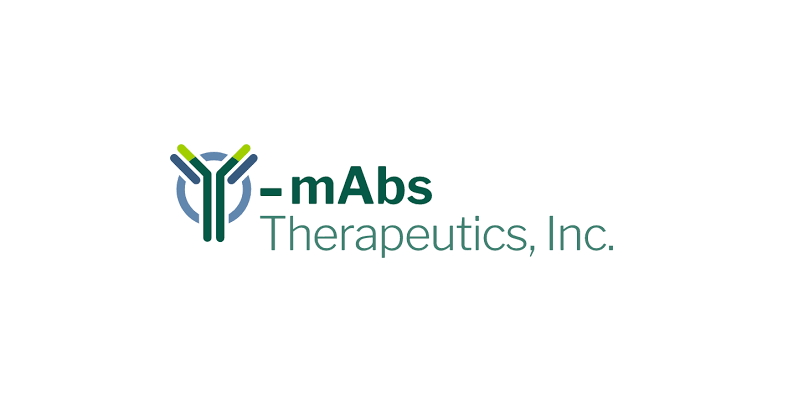Trial bias concern scuppers Y-mAbs brain cancer drug in FDA vote

Shares in US biotech Y-mAbs Therapeutics have lost almost a third of their value after FDA advisors unanimously rejected its brain cancer therapy 131I-omburtamab in 16 to 0 vote.
The Oncologic Drugs Advisory Committee (ODAC) concluded that Y-mAbs had not provided sufficient evidence that omburtamab was able to improve overall survival in children with neuroblastoma that had spread to the central nervous system or leptomeninges – the thin layers of tissue that cover the brain and spinal cord.
The FDA had already fired a warning shot across the bows of the company when it published a briefing document that took issue with Y-mAbs' single-arm clinical trial of the radio-labelled antibody – conducted by investigators at Memorial Sloan Kettering Cancer Centre – which found a three-year OS rate of 50% with the drug versus 31% for an external control group.
The main criticism by the FDA, which was echoed by ODAC panellists, was that the control group used as a comparator arm in Study 03-133 was not "fit for purpose" as a result of "substantive differences between the study and control populations that limit the ability to attribute survival differences" to Y-mAbs' drug.
Specifically, there were differences between the groups in the therapies received after a relapse, for example, with almost all patients in the omburtamab group receiving radiation therapy, compared to none of the control subjects.
The two groups were also separated by a sizeable time difference, with data from the control group ranging between 1990 and 2015, while Study 03-133 started enrolling patients in 2004. Changes in standard and supportive care over that time period could also have skewed the results, said the FDA reviewer.
The ODAC agreed with the regulator's assessment, leaving Y-mAbs waiting for the FDA's decision on the license application for omburtamab – due by 30 November – with very little hope of a positive outcome.
"We are disappointed by the outcome of today's meeting, as patients with CNS/leptomeningeal metastasis from neuroblastoma are in need of effective and safe treatment options," said the biotech's chief executive, Thomas Gad.
"Y-mAbs is committed to working closely with the FDA on their review of […] omburtamab ahead of their decision," he added.
Omburtamab is an investigational, monoclonal antibody that targets B7-H3, an immune checkpoint molecule that is widely expressed in tumour cells of several cancer types.
The FDA refused to accept Y-mAbs' first regulatory filing for the drug in 2020, but awarded the company's second attempt a priority review earlier this year.
Y-mAbs already sells one treatment for neuroblastoma, called Danyelza (naxitamab), a GD2-targeting antibody which was approved in 2020 and made sales of $20 million in the first six months of this year.
The company was set up by Gad after his daughter was treated for neuroblastoma at Memorial Sloan-Kettering, with both antibodies arising out of research carried out at the centre.












